Chesapeake Bay Retriever vs. Rott Pei: Breed Differences and Similarities
Hypoallergenic
Are Chesapeake Bay Retrievers or Rott Peis hypoallergenic, or neither?
Unfortunately, neither Chesapeake Bay Retriever nor Rott Pei are hypoallergenic, which may not make them the best choice for dog lovers who suffer from pet allergies.
Temperament
What are the personalities of Chesapeake Bay Retriever and Rott Pei dogs?
Happy
Dominant
Protective
Affectionate
Intelligent
Quiet
Loving
Independent
Protective
Alert
Courageous
Intelligent
Affectionate
Loyal
Devoted
Fearless
Good-natured
Reserved
Suspicious
Shedding Level
Do Chesapeake Bay Retrievers shed more than Rott Peis, or which breed sheds more, Chesapeake Bay Retrievers or Rott Peis?
Chesapeake Bay Retrievers are moderate shedders, but regular brushing can reduce shedding and maintain coat health.
Rott Peis are low shedding dogs, requiring minimal coat care.
Watchdog Ability
Which dog breed makes a better watchdog, the Chesapeake Bay Retriever or Rott Pei?
Chesapeake Bay Retrievers are decent watchdogs - they'll alert their owner if something seems amiss.
Choose a Rott Pei if you want a top-notch watchdog. This breed takes guarding seriously, and may not require much training, though obedience or guard dog training can improve their skills.
Origin
What is the origin of Chesapeake Bay Retriever and Rott Pei dog breeds?
United States
United States
Ancestry
What are the origins of Chesapeake Bay Retriever and Rott Pei breeds?
Newfoundland dog
Rottweiler and Shar Pei
Date of Birth
When were Chesapeake Bay Retriever and Rott Pei breeds first developed?
1800s
Unknown
Eye Color Possibilites
What are the eye colors of Chesapeake Bay Retriever and Rott Pei dogs?
Brown
Amber
Amber
Nose Color Possibilites
What are the natural nose colors of Chesapeake Bay Retriever and Rott Pei?
Brown
Black
Coat Color Possibilites
What are the natural colors of the coat for Chesapeake Bay Retriever and Rott Pei breeds?
Brown
Red
Black
Brown
Fawn
Sable
Red
Coat Length
What is the typical coat length for Chesapeake Bay Retriever and Rott Pei breeds?
Chesapeake Bay Retrievers have coats that can be either short or medium in length.
Rott Peis have medium-length coats.
Coat Density
What is the density of the coat of Chesapeake Bay Retriever and Rott Pei?
Coat Texture
What is the hair texture of Chesapeake Bay Retriever and Rott Pei?
Wavy
Straight
Litter Size
What is the usual litter size for Chesapeake Bay Retriever and Rott Pei?
A Chesapeake Bay Retriever can have a litter of 10-13 puppies on average. However, it's worth noting that the size of the litters can vary greatly. Factors that can influence litter size include the health of the mother, breeding history, and genetics.
A Rott Pei can have a litter of 8-12 puppies on average. However, it's worth noting that the size of the litters can vary greatly. Factors that can influence litter size include the health of the mother, breeding history, and genetics.
Adaptability
Chesapeake Bay Retriever and Rott Pei dogs generally have an average level of adaptability when it comes to adjusting to changes in lifestyle and different living environments compared to other breeds.
Health Issues
Between Chesapeake Bay Retriever and Rott Pei, which breed is more prone to health problems?
While the Chesapeake Bay Retriever breed is generally healthy, occasional vet check-ups are still necessary to address any health concerns.
Rott Peis typically have low vet costs due to their good health, but it's important to monitor their health and seek vet care when necessary.
Major Concerns
What are the major health concerns for Chesapeake Bay Retriever and Rott Pei breeds?
Hip Dysplasia
Elbow Dysplasia
Osteosarcoma
Canine Hip Dysplasia (Chd)
Gastric Dilation Volvulus (GDV) or Bloat
Minor Concerns
What minor health issues should be kept in mind when owning Chesapeake Bay Retriever and Rott Pei?
Progressive Retinal Atrophy
Cataracts
Entropion
Cataract
Progressive Retinal Atrophy (PRA)
Occasional Tests
What occasional tests are recommended for Chesapeake Bay Retriever and Rott Pei breeds?
Eye
Hip
Blood
Dna For Vwd
Physical Examination
Urinalysis
Complete Blood Count
Regular Full Physical Examination By Veterinarian
Blood Glucose Tests
Physical and Neurologic Examination
Complete Ophthalmologic Examination
Blood Work and Serum Chemistry Tests
Electroretinogram (ERG)
X-rays or other radiographic imaging
Bone Biopsy
Energy
How do the energy levels of Chesapeake Bay Retrievers and Rott Peis compare?
Chesapeake Bay Retrievers thrive on an active lifestyle due to their high-energy nature.
Rott Peis are suitable for those with a balanced lifestyle as they have an average energy level.
Social Needs
Chesapeake Bay Retriever vs Rott Pei social needs comparison
Chesapeake Bay Retriever has average social needs and is less independent than other breeds.
Rott Pei has above average social needs and thrives with interaction with humans and other dogs.
Exercise Needed
Chesapeake Bay Retriever vs Rott Pei exercise need comparison.
Chesapeake Bay Retrievers need high physical activity and are ideal for active individuals, but not suitable for sedentary lifestyles or small apartments.
Rott Peis require significant physical activity and suit those with an active lifestyle.
Sleeping Need
Which of the two sleeps the most/least: Chesapeake Bay Retriever or Rott Pei?
Chesapeake Bay Retrievers are active and require sufficient sleep to stay healthy.
Rott Peis have moderate energy levels and typical sleep patterns of 12-14 hours per day.
Tendency to Bark
Do Chesapeake Bay Retrievers or Rott Peis bark more/less frequently?
Chesapeake Bay Retrievers bark moderately when necessary and may also bark due to certain triggers like fear, alarm, boredom, greeting, separation anxiety and compulsive barking.
Rott Pei dogs are generally less vocal than other breeds and only bark when necessary, such as to alert their owner or communicate.
Mouthiness
Mouthiness Comparison: Chesapeake Bay Retriever vs Rott Pei?
Roaming urge
Chesapeake Bay Retriever vs Labrador: Running away tendency?
Prey Drive
Chesapeake Bay Retriever or Rott Pei - which breed has a higher level of prey drive?
Past times
What are some enjoyable activities and ways to keep Chesapeake Bay Retriever and Rott Pei entertained?
Walk, Run, Fetch
Walking
Activity Level
Which breed has higher energy, Chesapeake Bay Retrievers or Rott Peis?
Chesapeake Bay Retrievers are high-energy dogs. They need mental as well as physical exercise. These dogs require a lot of your involvement and without it they can, and will, become problematic dogs.
Rott Peis are medium-energy dogs and typically enjoy socializing and playing casual or even sustained games of chase with other dogs. They may also have occasional periods of barking or racing around the house.
Tolerance of being left alone
Walks per Week
How many miles should Chesapeake Bay Retriever or Rott Pei walk each week?
There's really no limit to how far you walk your dog as long as they're comfortable. For Chesapeake Bay Retriever, it's at least 14 miles / week. Just remember to build distance and stamina gradually over time.
There's really no limit to how far you walk your dog as long as they're comfortable. For Rott Pei, it's at least 10 miles / week. Just remember to build distance and stamina gradually over time.
Activity per Day
Do Chesapeake Bay Retrievers or Rott Peis require more exercise?
Both Chesapeake Bay Retriever and Rott Pei typically require a minimum of 90 minutes of exercise each day. The exercise can be spread throughout the day and may involve high-energy activities like walking, running, and playing.
Grooming
Which breed is easier to maintain in terms of grooming, Chesapeake Bay Retrievers or Rott Peis?
Chesapeake Bay Retriever and Rott Pei are breeds of dogs that are known for their low grooming needs.
Brushing Frequency
What is the recommended brushing frequency for Chesapeake Bay Retriever and Rott Pei dogs?
Chesapeake Bay Retriever and Rott Pei should be brushed at least once a week. Of course, you can give them more frequent brushes if you find that they are still shedding a lot.
Brushing Tools
What brushing tools are used for Chesapeake Bay Retrievers and Rott Peis?
Slicker Brush
Comb
Nail Clipper
Pin Brush
Slicker Brush
Comb
Nail Clipper
Cups
How much food should be given to Chesapeake Bay Retriever or Rott Pei in cups?
For an average 65-80 pound (29 - 36 kg) Chesapeake Bay Retriever feed 2.8 cups daily. But, keep in mind, the amount you feed is going to be dependent on the quality of the food you are feeding.
For an average 85-100 pound (39 - 45 kg) Rott Pei feed 2.5 cups daily. But, keep in mind, the amount you feed is going to be dependent on the quality of the food you are feeding.
Daily Cost
Which breed has a higher daily cost, Chesapeake Bay Retriever or Rott Pei?
The average cost of a Chesapeake Bay Retriever is somewhere $2.10 - $2.70 per day.
The average cost of a Rott Pei is somewhere $2.70 - $2.80 per day.
Monthly Cost
Which breed has a higher monthly cost, Chesapeake Bay Retriever or Rott Pei?
When it comes to monthly expenses, both Chesapeake Bay Retriever and Rott Pei have a similar average cost, ranging from $55 - $73. This results in an average yearly cost of around $660 - $876.
Intelligence
Comparing Intelligence: Chesapeake Bay Retrievers vs Rott Peis
The Chesapeake Bay Retriever and Rott Pei breeds are considered very intelligent and easy to train.
Sensitivity Level
How do Chesapeake Bay Retriever and Rott Pei compare in sensitivity?
Chesapeake Bay Retriever and Rott Pei dogs have average emotions and are adaptable to different situations, not requiring extra care like sensitive breeds do.
Affection Dependance
Which is the more affectionate dog breed: Chesapeake Bay Retriever vs Rott Pei?
Apartment Friendly
Which breed is more apartment-friendly: Chesapeake Bay Retriever or Rott Pei?
The Chesapeake Bay Retriever is not suitable for apartments and requires a large yard to thrive. Pent-up energy in small spaces can lead to destructive behavior.
The Rott Pei is a great apartment dog, thriving with sufficient exercise and time outside as part of their daily routine.
Child Friendly
Do Chesapeake Bay Retrievers or Rott Peis have a friendlier temperament towards children?
Chesapeake Bay Retrievers are good with kids if socialized and trained from a young age.
Rott Peis are not the best choice for families with kids.
Senior-friendly
Which dog is more suitable as a pet for the elderly - Chesapeake Bay Retriever or Rott Pei?
Cat Friendly
Do Chesapeake Bay Retriever or Rott Pei breeds have a better compatibility with cats?
Chesapeake Bay Retrievers and Rott Peis are an average cat friendly dog. They do well with cats, even more if raised together from puppyhood.
Dog Friendly
Which breed is more sociable with other dogs: Chesapeake Bay Retriever or Rott Pei?
Chesapeake Bay Retrievers and Rott Peis are below average dog friendly dogs. Chesapeake Bay Retrievers and Rott Peis may not always get along well with other dogs they have not been raised with.
Pet friendly
How do Chesapeake Bay Retriever or Rott Pei dogs interact with other pets?
Stranger Friendly
Which breed is more friendly with strangers: Chesapeake Bay Retriever or Rott Pei?
Chesapeake Bay Retrievers are quick to announce strangers and can be standoffish or suspicious.
Rott Peis are not very stranger friendly.
Playfulness
Which breed is more playful between Chesapeake Bay Retriever and Rott Pei?
Chesapeake Bay Retrievers are a playful breed that needs daily playtime to be happy.
Rott Peis have an average level of playfulness, enjoying playtime like most dogs but not excessively so.
Trainability
How do the trainability levels of Chesapeake Bay Retrievers and Rott Peis compare?
Chesapeake Bay Retrievers are usually easy to train but require consistency to fully obey commands.
Rott Peis are popular for their ease of training and quick learning ability.
Compare Chesapeake Bay Retriever with other breeds
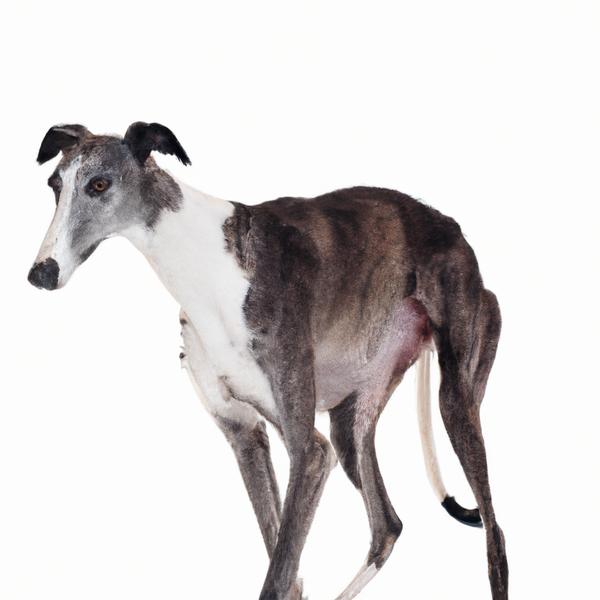
Greyhound
Chesapeake Bay Retriever vs Greyhound
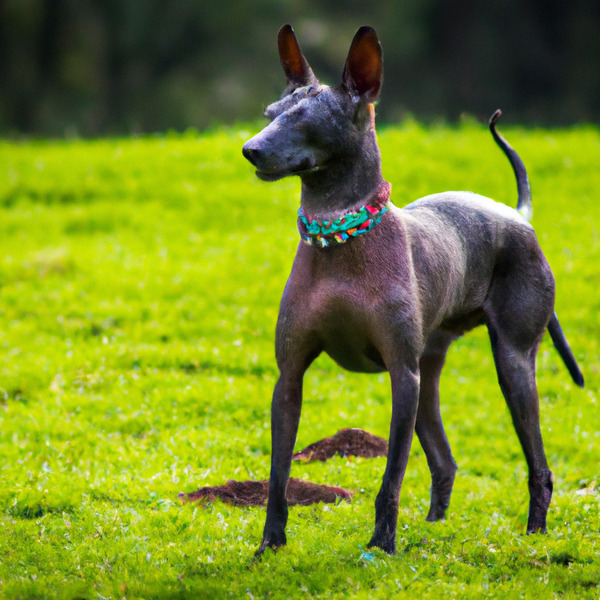
Xoloitzcuintle
Chesapeake Bay Retriever vs Xoloitzcuintle
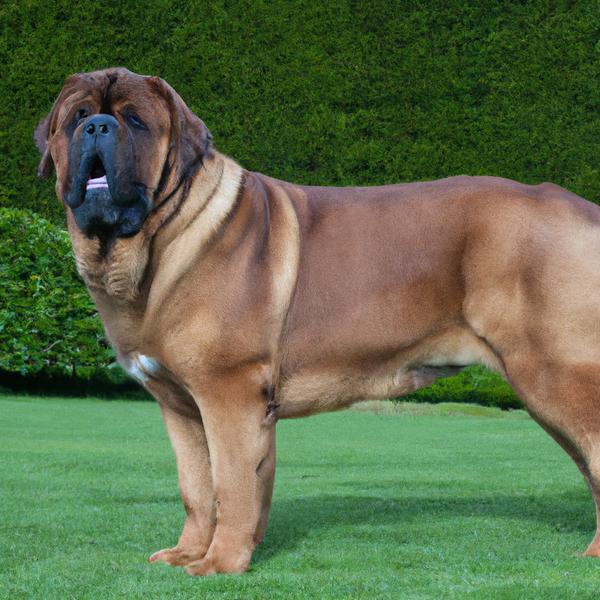
Irish Mastiff
Chesapeake Bay Retriever vs Irish Mastiff
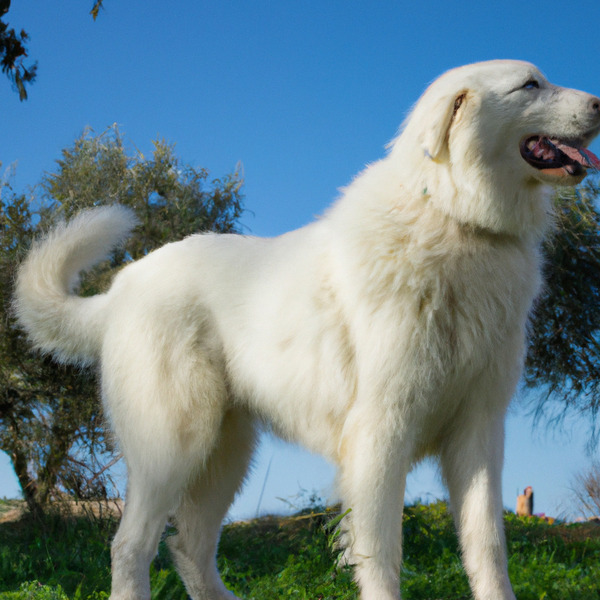
Maremma Sheepdog
Chesapeake Bay Retriever vs Maremma Sheepdog
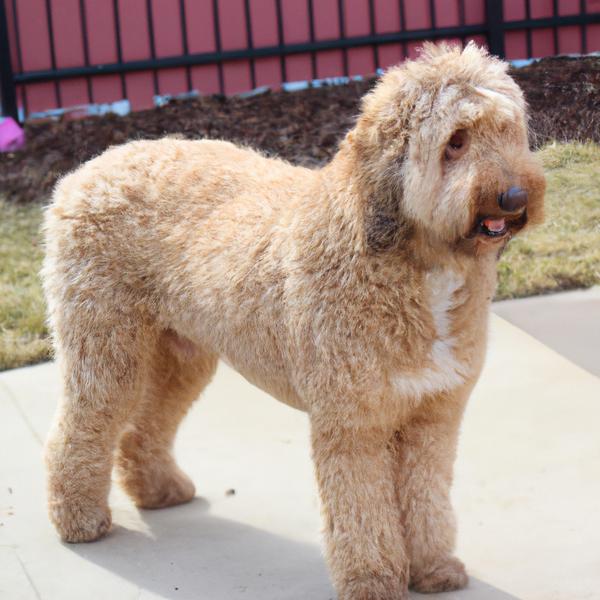
Sheltidoodle
Chesapeake Bay Retriever vs Sheltidoodle
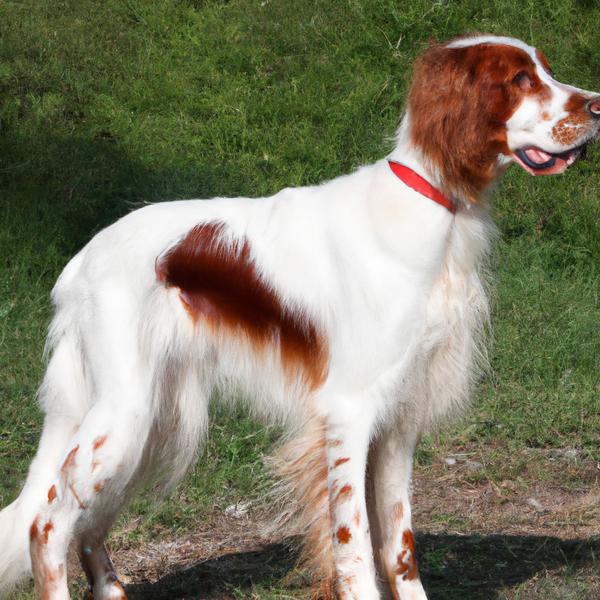
Irish Red and White Setter
Chesapeake Bay Retriever vs Irish Red and White Setter
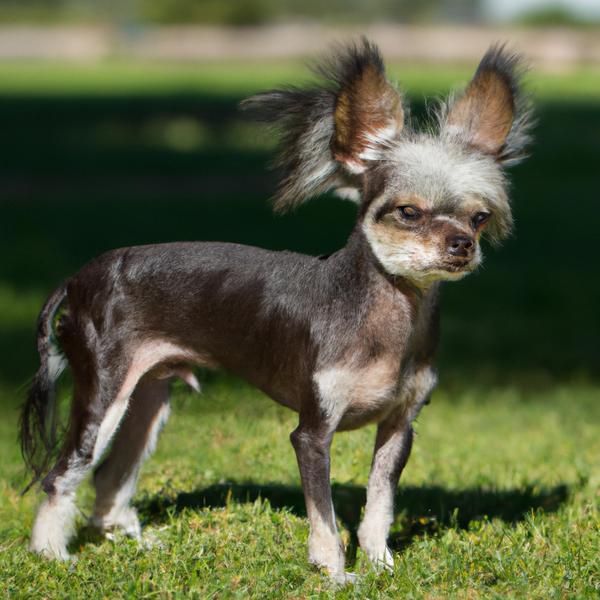
Chin Crested
Chesapeake Bay Retriever vs Chin Crested

Dusky
Chesapeake Bay Retriever vs Dusky
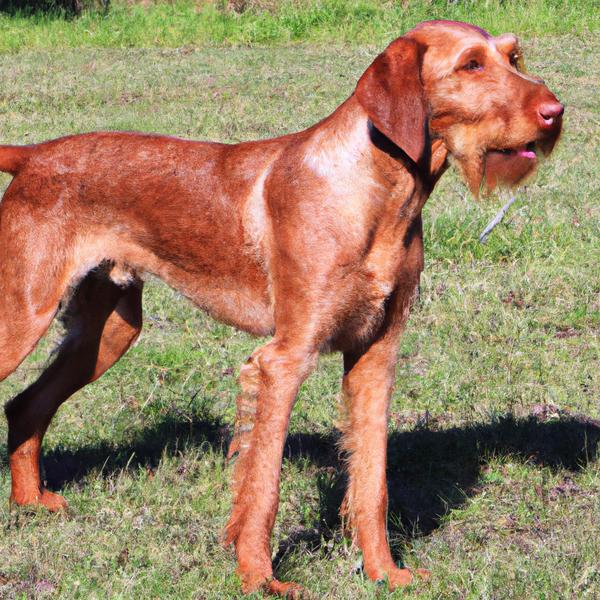
Wirehaired Vizsla
Chesapeake Bay Retriever vs Wirehaired Vizsla
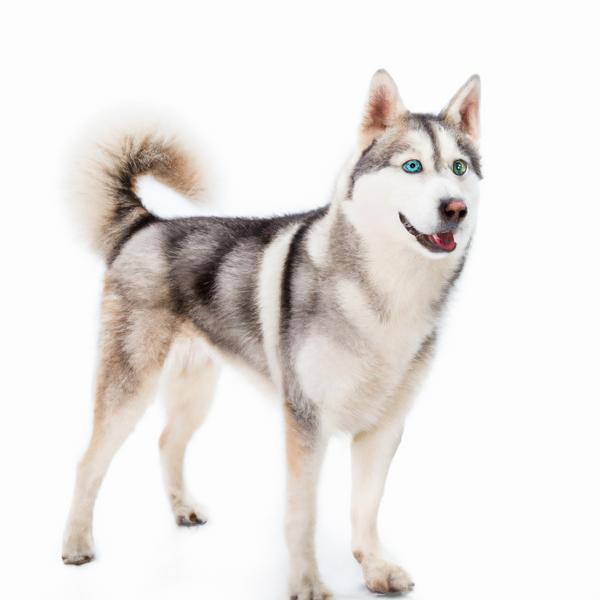
Siberian Husky
Chesapeake Bay Retriever vs Siberian Husky
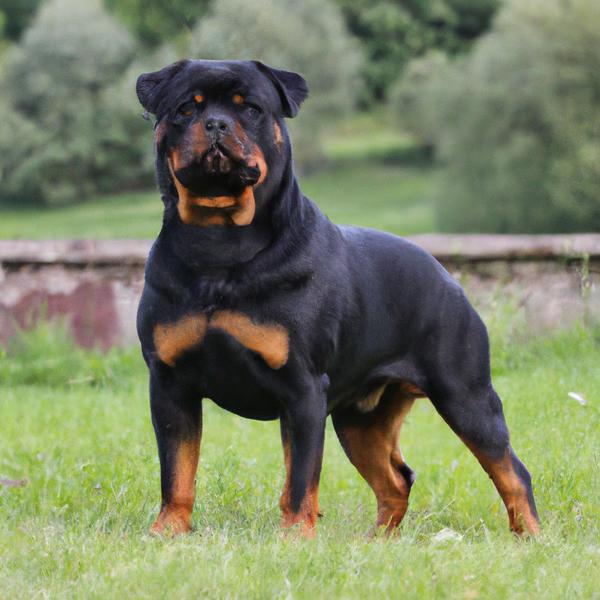
Rott Pei
Chesapeake Bay Retriever vs Rott Pei

Shelestie
Chesapeake Bay Retriever vs Shelestie
